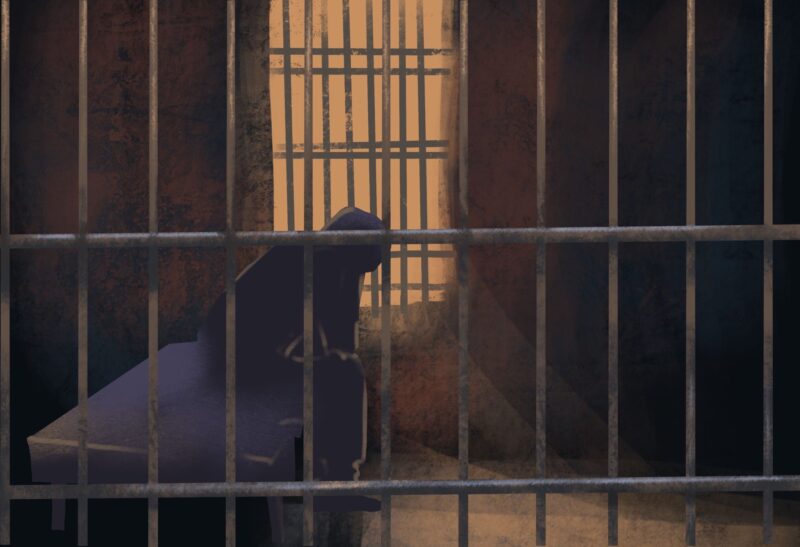This week saw Aliyev at the BRICS Summit, Ali Karimli’s trial postponed to post-COP29 and a report on Azerbaijan’s fossil fuel expansion.
Aliyev joins Putin at BRICS Summit
Azerbaijani President Ilham Aliyev’s recent participation in the BRICS summit in Kazan, Russia, has sparked significant international discourse. Aliyev attended the summit on October 23, following an invitation from Russian President Vladimir Putin, signaling a potential geopolitical shift. This move has been interpreted by some as aligning Azerbaijan more closely with Russia, distancing it from Western influences.
During the summit, U.S. State Department Deputy Spokesperson Vedant Patel emphasized that while the U.S. does not view BRICS as a geopolitical rival, it encourages countries to make independent foreign policy choices. Patel highlighted ongoing cooperation with BRICS nations like Brazil, South Africa, and India, and stressed the importance of responsible relations with China. Regarding Russia, Patel reiterated the necessity of opposing its aggressive policies.
Critics, including Cemil Hasanli, chair of the National Council of Democratic Forces, argue that Aliyev’s choice reflects a broader strategy to align with nations that might support his government’s less transparent practices. Hasanli suggests that Aliyev is positioning himself as Putin’s counterpart in the South Caucasus, similar to Belarus’s Lukashenko, particularly in opposing Western influence.
Ali Karimli’s trial postponed to post-COP29
The trial of Ali Karimli, the chairman of the Azerbaijan Popular Front Party (APFP), has been unexpectedly postponed until after COP29, sparking allegations of political manipulation. The court session, initially scheduled for October 22, was delayed without a specified new date, only to be later set for December 2. This delay, according to APFP, is not coincidental but a deliberate attempt to push the trial to a less politically sensitive time.
The lawsuit against Karimli was initiated by Aydin Aliyev, a former member of the APFP, who accused Karimli of defamation during various internet broadcasts. Aliyev demands that Karimli be punished under the Criminal Code’s defamation laws. However, Karimli denies these accusations, asserting that his statements were truthful and correctly presented.
APFP has condemned the trial’s postponement as a government-orchestrated effort to sideline the party and restrict Karimli’s political activities. They claim the government is using Aliyev, who was expelled from the party and has since engaged in pro-government activities, as a tool in their strategy.
Report criticizes Azerbaijan’s fossil fuel expansion before COP29
A recent report highlights the critical state of Earth’s climate, emphasizing the need for urgent action as Azerbaijan prepares to host the COP29 summit amidst plans to significantly increase its fossil gas production.
The report, assessing 35 vital signs of the planet, found 25 indicators worse than previously recorded, signaling a dire phase in the climate crisis. It coincides with Azerbaijan’s plans, as reported by The Guardian, to expand its annual gas production from 37 billion cubic meters to 49 billion by 2033. This expansion is led by SOCAR, which also aims to increase gas exports to the European Union by 17% by 2026. The International Energy Agency has stated that to achieve a sustainable future, CO2 emissions need to reach zero by 2050, which contradicts the ongoing increase in fossil fuel production.
Regina Rixter from the German NGO Urgewald criticized the control of climate talks by those invested in fossil fuels, questioning, “Have we entrusted the henhouse to the fox?” President Ilham Aliyev defended Azerbaijan’s oil and gas reserves as “a gift from God,” highlighting the nation’s deep-rooted reliance on fossil fuels.
The report’s release before the COP29 summit, led by figures with long ties to SOCAR, raises concerns about the sincerity of commitments to green energy transition. Despite Azerbaijan’s claims of developing renewable resources, the report and experts argue that substantial reductions in greenhouse gas emissions are urgently needed to mitigate global warming.



